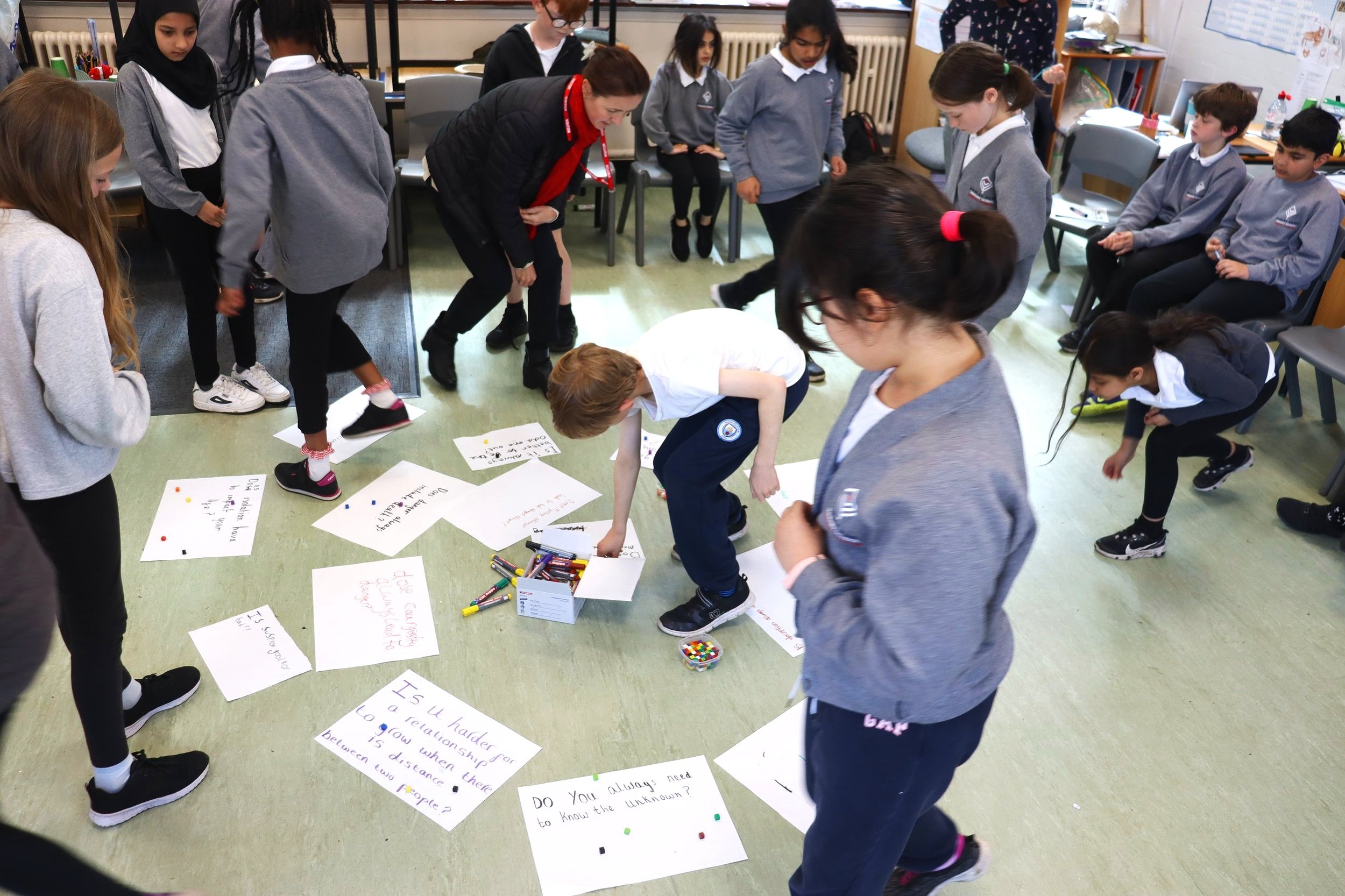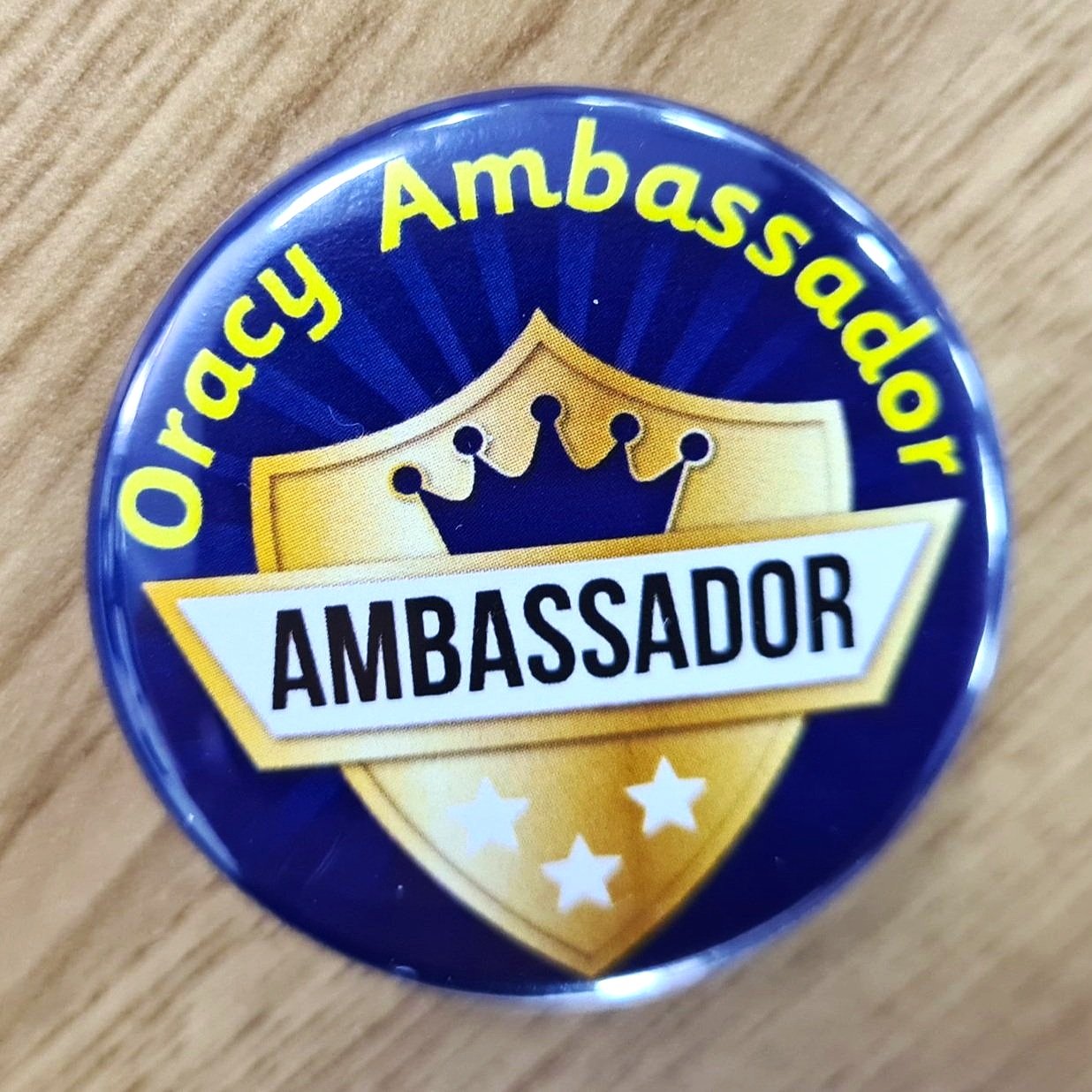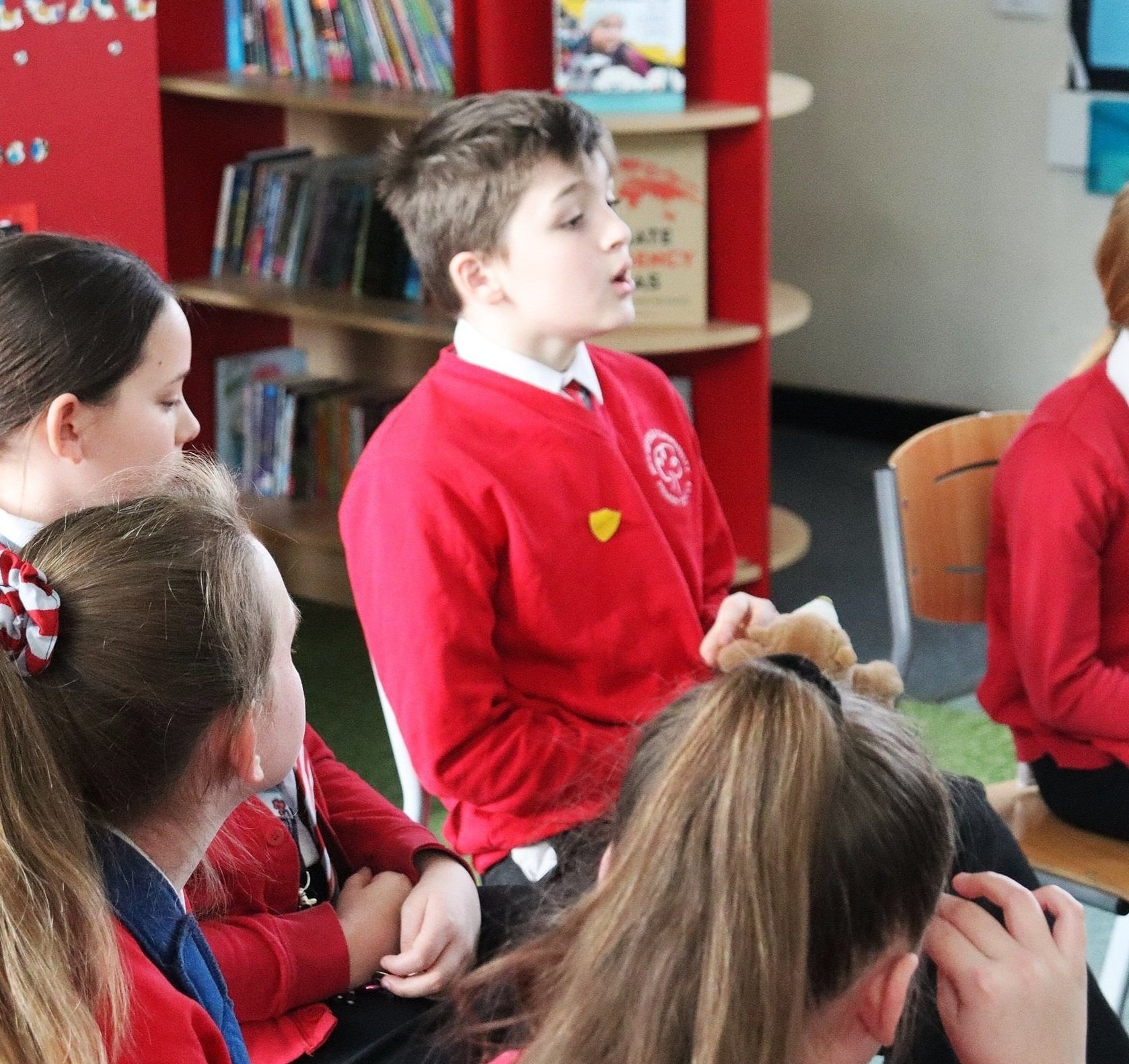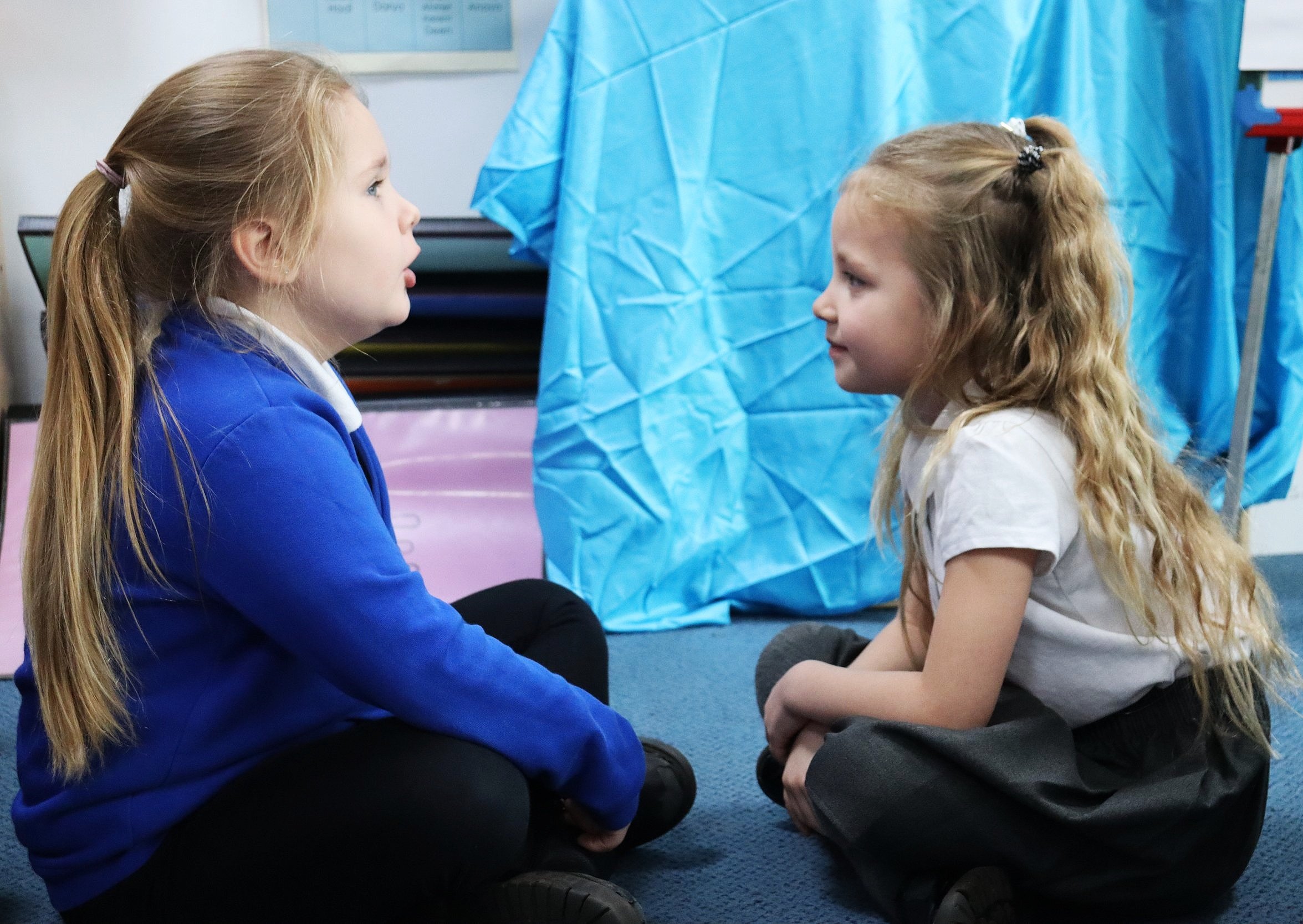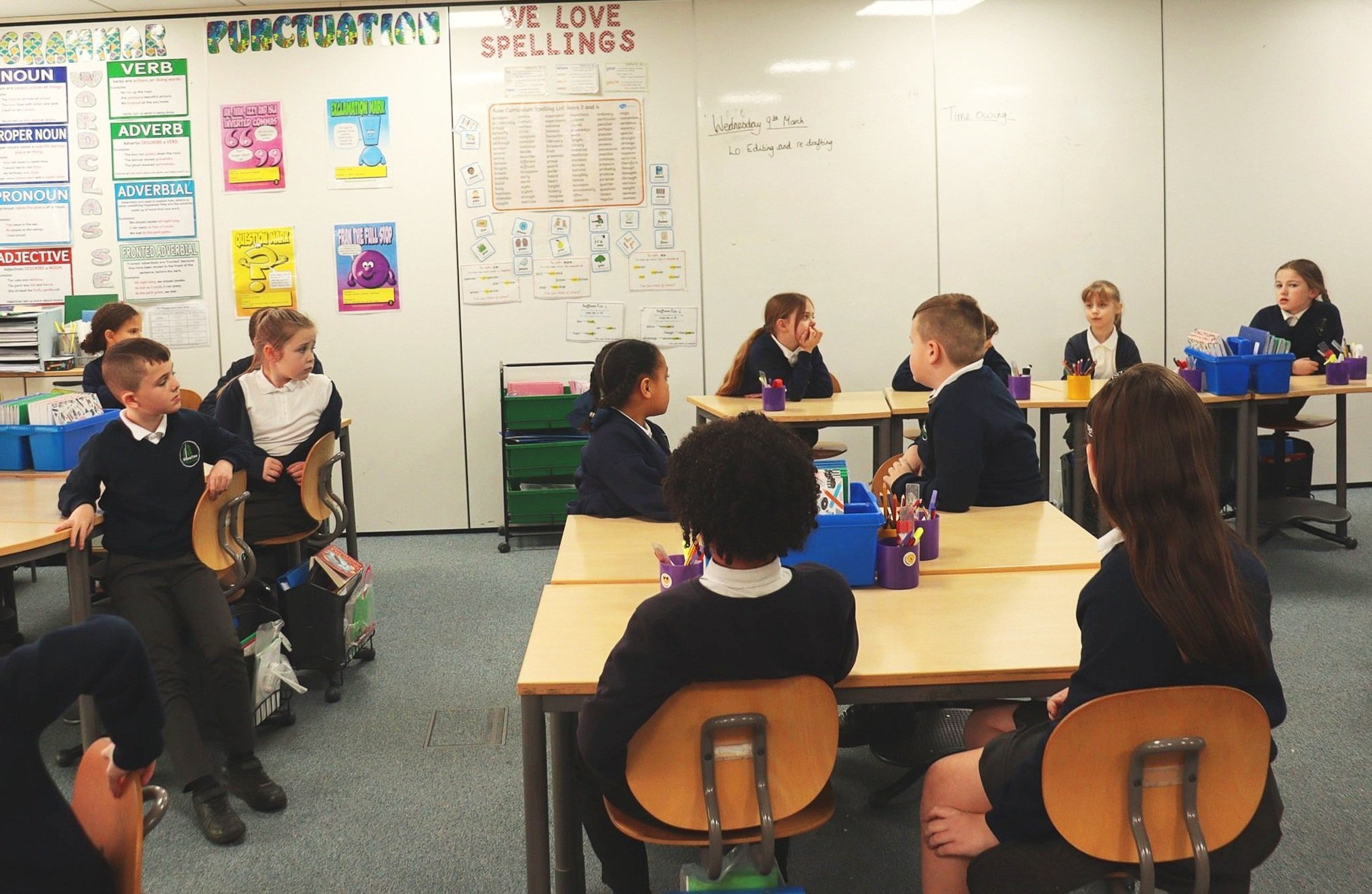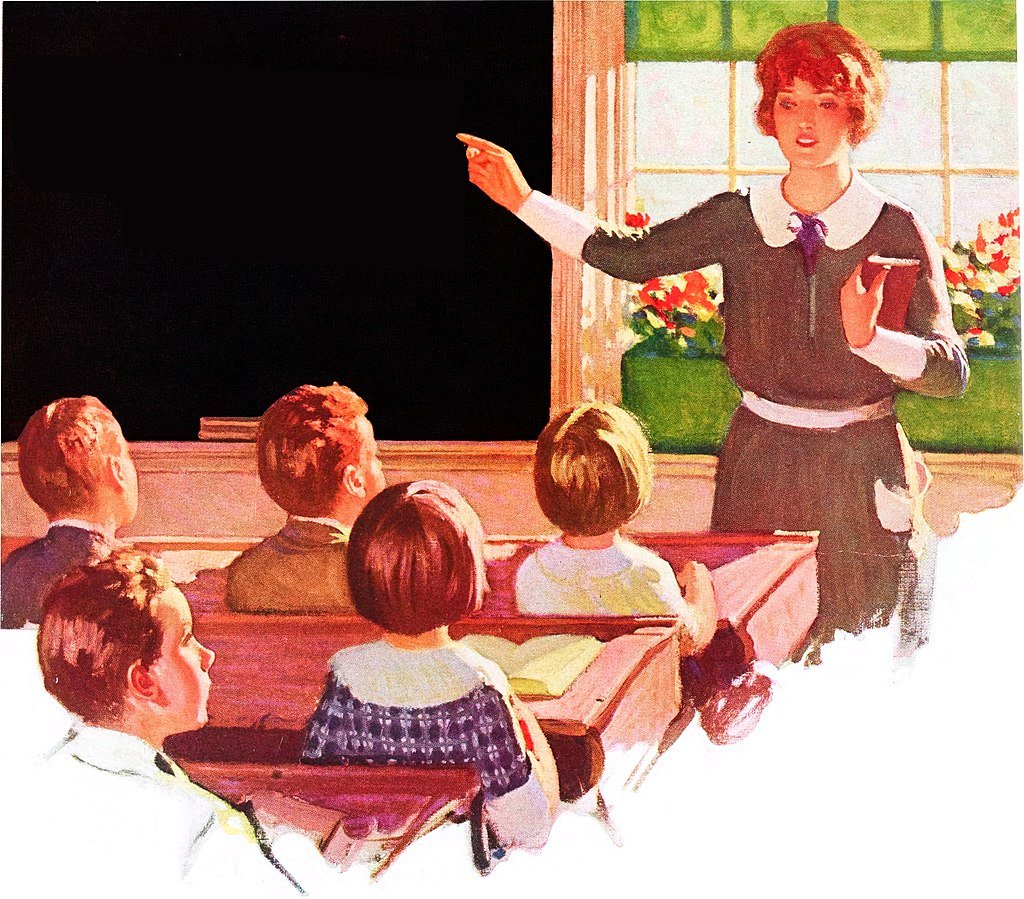
Photo: David Trent
Does talking help with learning?
I’ve been asking this question to lots of children and young people, and I’m fascinated by the range of responses. Here are four very different thoughts from 11-year-olds:
“When you talk, you can get more ideas. You can hear your voice. You might say something but it doesn't sound quite right, so then you can add in an extra bit.”
“If someone is stuck, and they hear you speak, that could help them.”
“I think it does, because if you talk you can disagree, and if you disagree then you might find that you are wrong, or help someone see that they are wrong.”
“Yes, because if you can't speak out, you won't be able to do anything in the world!”
Ways to keep everyone engaged and develop the community of enquiry
Reminders from six-year-olds about some of the benefits of P4C
Pupils feel that P4C helps them with everything from relationships to confidence to staying calm
Pupil voice about whole-class talk in Reading lessons
Pupil voice from younger children shows how they enjoy thinking and talking together
Pupils tell us why they think their peers don’t raise their hands
Pupils and teachers talk about how Philosophy for Children enhances teaching and learning
If you’re not yet doing P4C – this video will convince you. If you are, it will convince you to do more.
Children describe how P4C helps them listen to others and to express themselves
Examples of what staff decided to do differently, after reading pupil voice about talk in their classrooms.
More pupil voice about the idea of changing talk partners more often.
‘Hands up’ is a very common way of inviting pupil participation in lessons. However, research shows that typically only around 25% of the class raise their hands.

